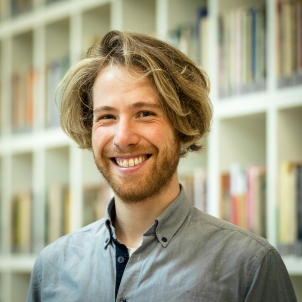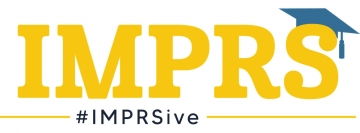Alessio on thinking critically
Name: Alessio Quaresima
Department: Neurobiology of Language
Research: Neurobiological basis of Mental Lexicon
Started at the IMPRS: 2019
Nationality: Italian
How did you come to pursuing your research topic in Nijmegen?
My journey in science started in Rome, in the Department of Physics. Since then, I have been more interested in social problems than strictly physics ones. For example, my bachelor thesis was about measuring the entropy of literary texts and detecting authors from their style without actually reading the books! Later on, I became interested in neuroscience, and I decided that that would have been the focus of my PhD studies. When, in October 2018, I read about the position at the Max Planck for Psycholinguistics, I was utterly sure that would be the right thing to do.
What are some of the highlights of your doctoral life so far?
The PhD training I am pursuing at the IMPRS has been a unique opportunity for personal and professional growth. Since I started two and a half years ago, I have been continuously learning, not only about my research topic but also how to be a professional, successful and honest scientist. Though I have encountered unexpected obstacles, I’ve managed to overcome some of them and feel ready to face new ones. The Institute has been a second home for my time in Nijmegen and, despite the difficult global crisis we have been through in the last two years, it remains a place to meet peers and share the good and bad times whilst producing science.
Your PhD is the time to think critically about science, not only producing it.
What advice do you have for peers or those considering doctoral studies?
Doctoral training will likely be a life-changing experience. There will be harsh moments and happy ones. You will perhaps struggle with a paper or be overjoyed that a presentation went well. Over the course of the training, the PhD is an occasion to face your limits and learn to deal with them.
My suggestion is to be true to yourself. You will have to be modest, open to suggestions, and ready to invest all your energy into what you think is worthy of investigation, come up with your very own ideas, and defend them. I suggest you start slowly, be aware of what happens around you, and think carefully before conducting one study or the other. The PhD is the time to think critically about science, not only producing it. Good luck!


Share this page